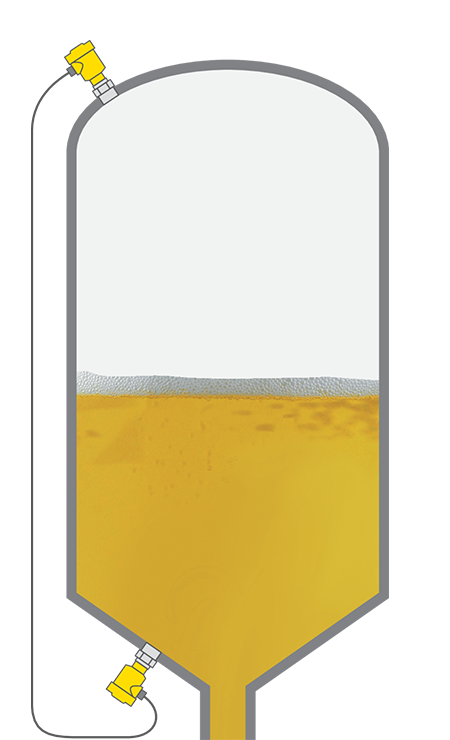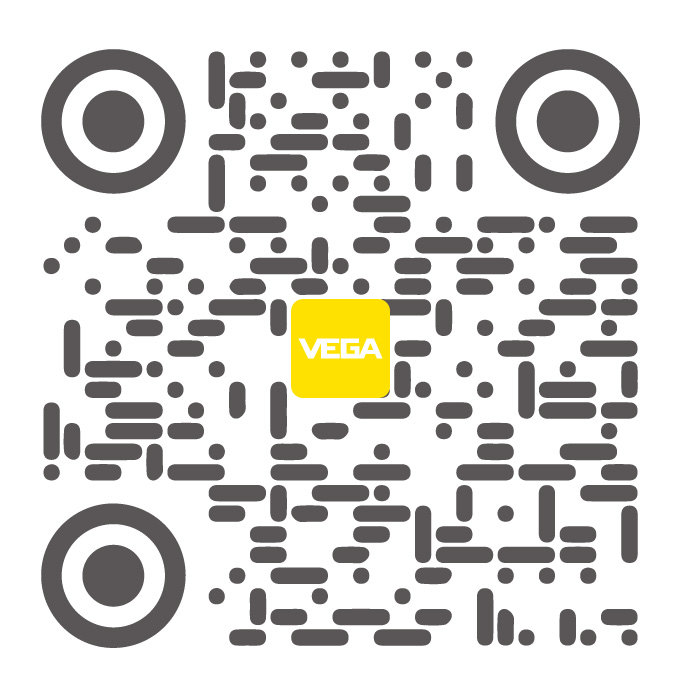Focus on Quality: Level Measurement in the Ketterer Family Brewery
The per capita consumption of beer has been declining for years, forcing breweries to come up with new business concepts to remain competitive. With this in mind, the Black Forest-based Ketterer family brewery in Hornberg, has developed a winning strategy: an uncompromising focus on high quality beer, lowest possible energy consumption and efficient production processes.
"In order to be successful in this market, we are continually introducing new ideas and investing in new technologies," explains Klaus Vogt, master brewer and plant manager at Ketterer. The company operates very efficiently thanks to investments in modern technology, but still adheres to the classic methods of beer production.
+/- 2 mm. In general the sensors in the brewery have to withstand a lot, the tanks are mainly cleaned with cold water, but occasionally hot steam is also used. Having well designed hygienic process fittings is also very important. What really counts for Klaus Vogt and brewer Ralf Heizmann, is that the sensors are robust, simple and always function reliably.
Applications
Tanque de cerveja
Medição do nível em tanques de cerveja
Durante o processo de fabricação de cerveja, sempre há camada de espuma mais ou menos espessa nos tanques. Por isso, são usados normalmente dois transmissores de pressão para a medição de nível de enchimento. Um detecta a pressão sobreposta e o outro a pressão total no lado inferior do tanque. O nível de enchimento exato é determinado a partir da diferença entre essas duas pressões. Conexões do processo adequadas para gêneros alimentícios são obrigatórias para os sensores.

Seguro
Materiais homologados conforme FDA e CE 1935/2004
Econômico
Conceito plics®: prazo curto de entrega e configuração uniforme
Uso fácil
Um instrumento de medição, três valores: nível de enchimento, sobrepressão, temperatura
Products
Exportar este artigo
Baixar como PDFCompartilhar post
Comentários ({{comments.length}})
{{getCommentAuthor(comment, "Anônimo")}} {{comment.timestamp | date : "dd.MM.yyyy HH:mm" }}
{{comment.comment}}










